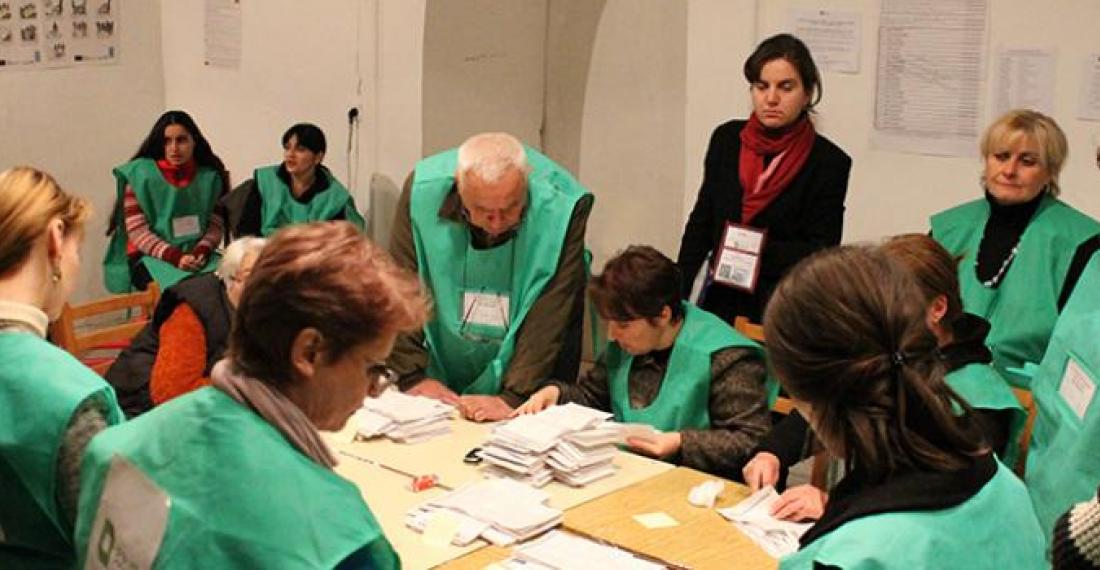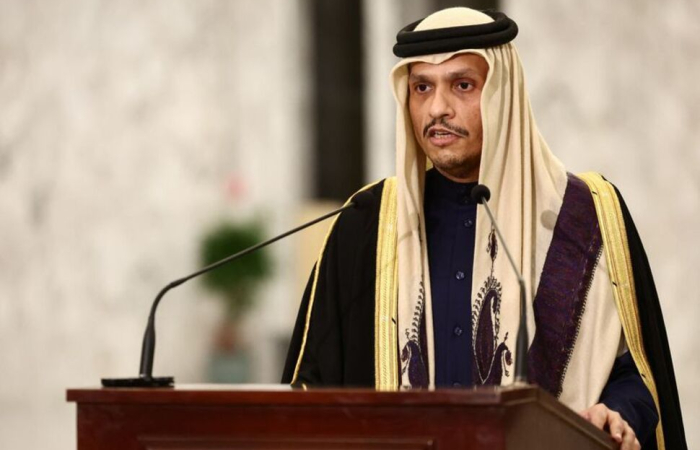All Georgian opposition parties who secured parliamentary seats following last Sunday's parliamentary elections have decided to boycott parliament in protest at what they consider to be "illegitimate" elections.
On Tuesday (3 November) leaders of the parties met to sign a declaration stating this position. Those attending included representatives of the United National Movement-led election bloc Strength in Unity, European Georgia, Lelo for Georgia, Strategy Aghmashenebeli, Girchi, Citizens, Labor Party, Republican Party, State for People, European Democrats, Free Democrats, Free Georgia, Freedom party, United Georgia, Tribune-CDM, Victorious Georgia, For Justice party, Law and Justice. The statement said,
“We, the opposition parties […] renounce our parliamentary mandates and we pledge to take all political and legal steps to not accept our seats in the parliament – neither de jure nor de facto” .
The signatories, which include parties that both managed and failed to pass the 1% election threshold, all acknowledge that the October 31 election took place under a number of significant violations and therefore, failed to express the will of the Georgian people.
The Alliance of Patriots party, which is a right wing party with connections with the Kremlin has also agreed to renounce its parliamentary mandates despite not being present at the event.







